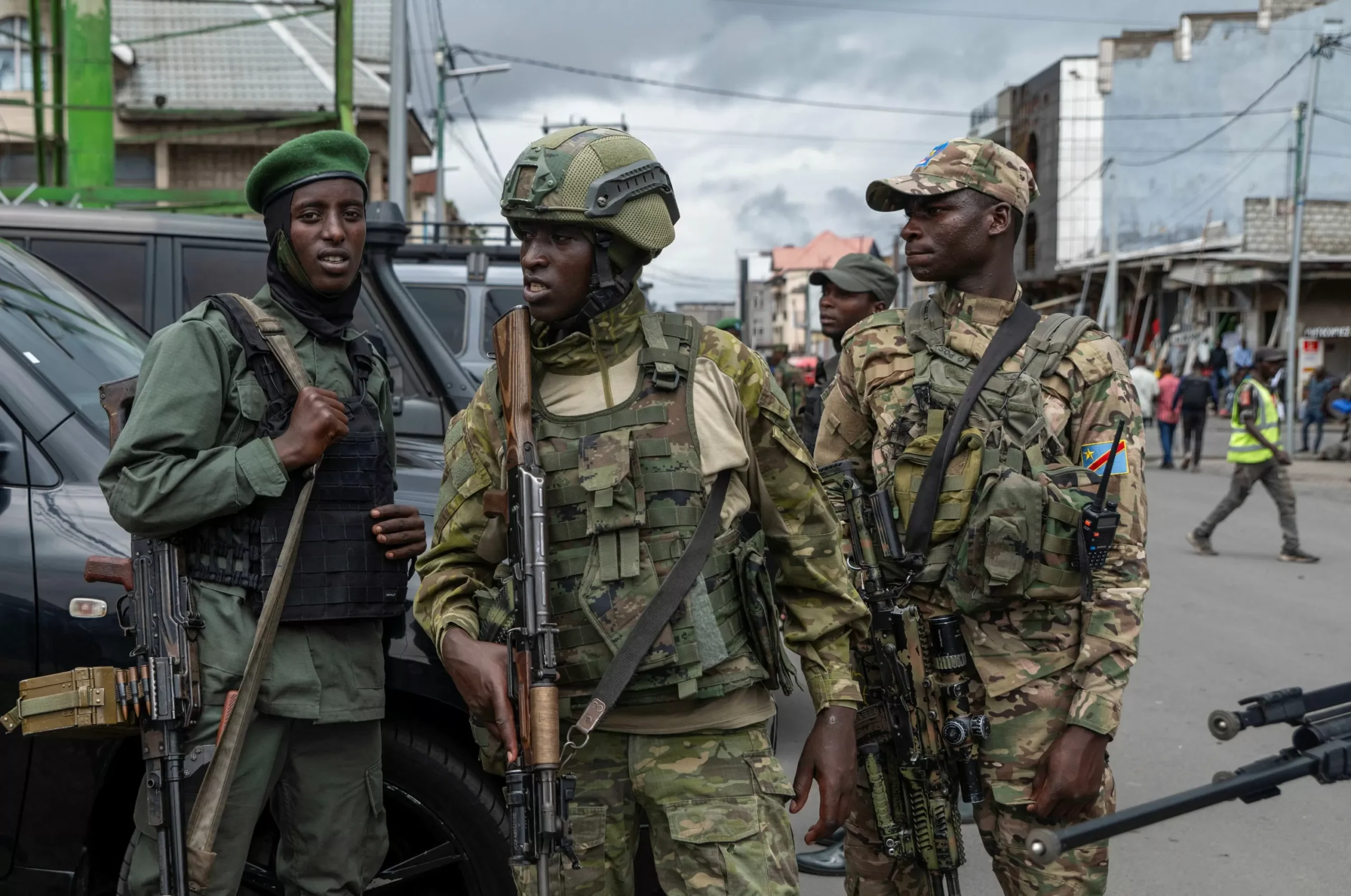The Democratic Republic of Congo and Rwanda-backed rebels have embarked on a historic journey towards achieving peace and stability in the conflict-ridden eastern region of Congo. As we speak, crucial talks are underway in Qatar between the Congolese government and the rebel group, marking a significant step towards ending years of violence and unrest.
The talks, which are being mediated by the African Union and the United Nations, have been hailed as a major breakthrough in the long-standing conflict that has ravaged the eastern Congo. The rebel group, known as the March 23 Movement (M23), has been at war with the Congolese government since 2012, resulting in the displacement of hundreds of thousands of people and the loss of countless lives.
The conflict in eastern Congo is deeply rooted in a complex web of political, economic, and social issues, making it one of the most challenging conflicts to resolve. However, both the Congolese government and the M23 rebels have shown a strong commitment to finding a peaceful resolution through dialogue and negotiation.
At the heart of the talks is the desire to address the root causes of the conflict and find a lasting solution that will bring about a stable and prosperous future for the people of eastern Congo. The government has already taken steps towards this by initiating a series of reforms aimed at improving governance, promoting social and economic development, and addressing the grievances of marginalized communities.
The rebels, on their part, have also shown a willingness to lay down their arms and engage in a peaceful dialogue with the government. This is a significant shift from their previous stance, and it shows a genuine desire to find a peaceful solution to the conflict.
The talks in Qatar have brought together representatives from both sides in a neutral and conducive environment, providing a platform for open and frank discussions. Both parties have expressed their determination to reach a comprehensive agreement that will lead to lasting peace in the region.
The involvement of African Union and United Nations in the mediation process has also been crucial in providing support and guidance towards a peaceful resolution. The international community has also shown its commitment to supporting the talks and helping to rebuild the affected communities in eastern Congo.
The talks have not been without challenges, and there have been moments of tension and disagreement. However, both sides have shown a strong commitment to overcome these challenges and move towards a common goal of peace and stability.
The outcome of these talks will have far-reaching implications for the future of eastern Congo. A peaceful resolution will not only bring an end to the suffering of the affected communities but also pave the way for sustainable development and prosperity in the region. It will also serve as a model for conflict resolution in other parts of the continent, demonstrating that dialogue and negotiation are the most effective tools for achieving lasting peace.
As we look towards the future, we can only hope that the talks in Qatar will result in a comprehensive peace agreement that will bring an end to this long-standing conflict. The Congolese people deserve to live in a country where there is peace, security, and opportunities for growth and development.
In conclusion, the talks between the Congolese government and the Rwanda-backed rebels in Qatar are a significant step towards achieving peace in eastern Congo. The commitment and determination shown by both sides give us hope that a lasting resolution will be reached. Let us all support the efforts towards peace and pray for a brighter future for the people of Congo.





![Complete BritRail Pass Guide [Types, How to Use It, Pros + Cons]](https://inside-news.uk/wp-content/uploads/2025/06/00221EB4-BCA2-4DBB-6CD4-83DBC37D71FA-120x86.webp)
















